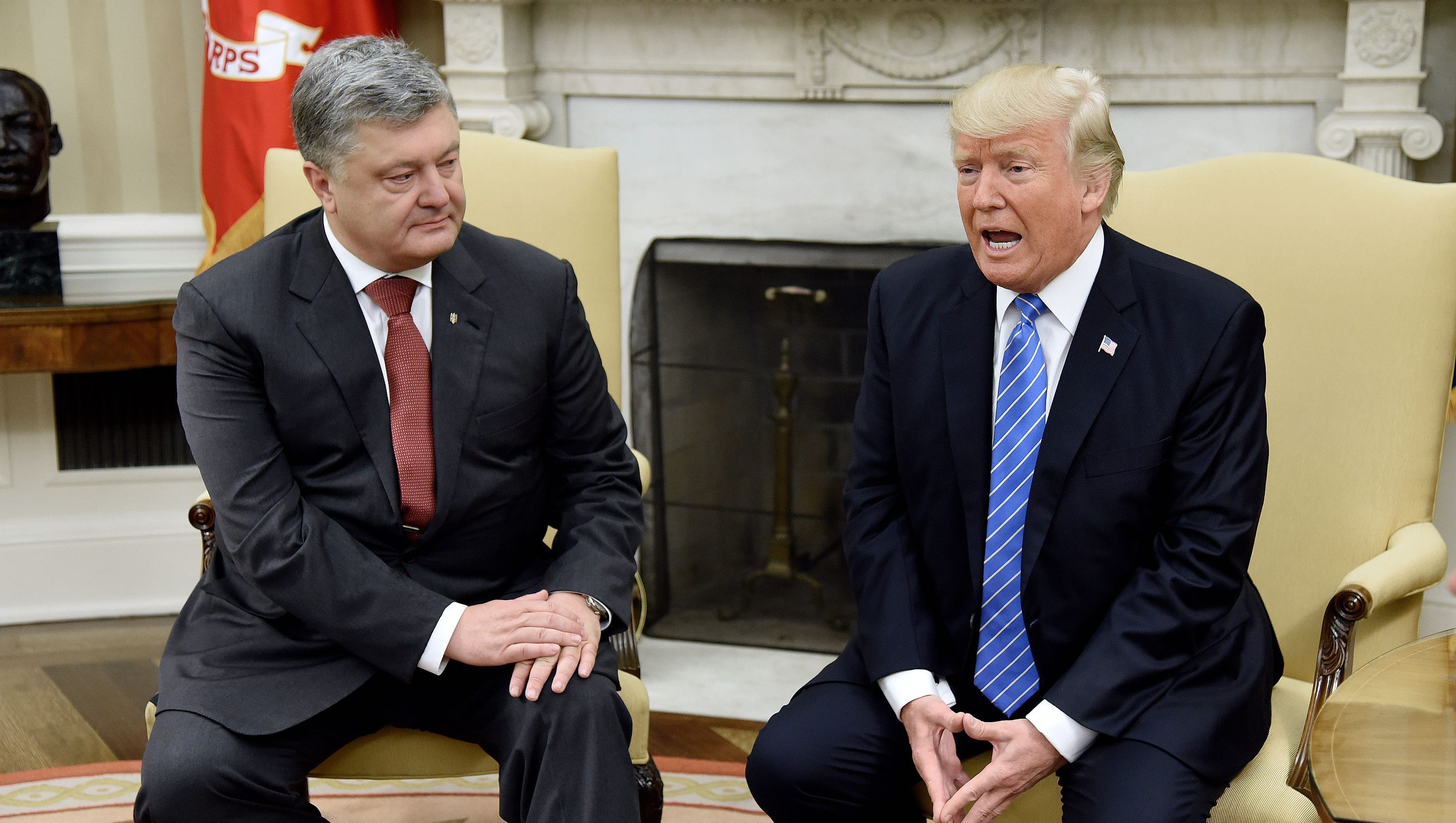Russia Sanctions: Trump's Measured Response

Table of Contents
The Context of Trump's Russia Sanctions Policy
Trump inherited a complex geopolitical situation involving Russia. The Russian annexation of Crimea in 2014, its intervention in the Syrian Civil War, and allegations of Russian interference in the 2016 US presidential election created a tense international environment. Existing sanctions frameworks, including those imposed following the annexation of Crimea and the ongoing conflict in Ukraine, already placed significant restrictions on Russia. However, pressure from Congress and the international community for stronger sanctions continued to mount.
- Specific events prompting calls for stronger sanctions: The poisoning of Sergei Skripal in the UK, continued Russian aggression in Ukraine, and persistent allegations of Russian meddling in other countries' elections.
- Key sanctions already in place before Trump's presidency: Sectoral sanctions targeting Russian energy, defense, and financial sectors; visa restrictions on Russian officials; asset freezes on specific individuals and entities.
- Significant bipartisan support for stronger actions against Russia: Despite partisan divides on many issues, there was considerable bipartisan agreement in Congress regarding the need to hold Russia accountable for its actions.
Key Features of Trump's Approach to Russia Sanctions
Trump's approach to Russia sanctions was characterized by a notable reluctance to aggressively escalate punitive measures. He often emphasized the potential for improved US-Russia relations and a more transactional approach to foreign policy, prioritizing diplomatic engagement over solely relying on sanctions. This approach, however, was criticized for its perceived inconsistencies and lack of a clear, consistent strategy.
- Examples of sanctions imposed (or not imposed) under Trump's presidency: While some sanctions were imposed, critics argued that the administration often failed to fully leverage the existing sanctions framework or impose new ones in response to significant Russian provocations.
- Instances of Trump's public statements expressing a desire for better relations with Russia: Trump repeatedly expressed his desire for a stronger relationship with Russia, leading to concerns that he was prioritizing personal diplomacy over national security interests.
- Specific criticisms from Democrats and Republicans regarding the handling of sanctions: Democrats largely criticized Trump’s approach as being too lenient, while some Republicans also voiced concerns about the perceived lack of firmness and consistency in his Russia policy.
The Debate on Effectiveness
The effectiveness of Trump's measured approach to Russia sanctions remains a subject of intense debate. Arguments for its effectiveness often pointed to a potential de-escalation of tensions through diplomacy. Conversely, critics argued that the lack of robust and consistently applied sanctions emboldened Russia and failed to deter further aggression.
- Evidence suggesting sanctions had a limited impact on Russia: Russia's economy showed resilience, and some argue that the sanctions had minimal impact on its foreign policy actions.
- Evidence suggesting sanctions did impact Russia's economy or actions: Others point to the negative impact of sanctions on specific sectors of the Russian economy and argue that they did play a role in shaping Russia's behavior, even if indirectly.
- Examples of Russia’s retaliatory measures: Russia imposed its own sanctions against the US and its allies, further exacerbating tensions.
Long-Term Implications of Trump's Russia Sanctions Policy
Trump's approach to Russia sanctions has had lasting implications for US-Russia relations and the broader geopolitical landscape. His emphasis on diplomatic engagement and occasional reluctance to fully utilize sanctions tools has left a complex legacy, influencing the approach of subsequent administrations.
- Key differences between Trump and Biden’s Russia policies concerning sanctions: The Biden administration has taken a more assertive approach to sanctions, imposing them more frequently and aggressively in response to perceived Russian aggression.
- Assessment of the long-term effects on international alliances and trust: Trump's actions have raised questions among allies about the reliability of the US commitment to defending democratic values and norms.
- Potential future scenarios resulting from Trump's actions: The long-term consequences of Trump's approach to Russia sanctions are still unfolding, and their impact on future US-Russia relations and the global security environment remains to be seen.
Conclusion
This article examined Trump's distinctive approach to Russia sanctions, characterized by a measured response that prioritized diplomatic engagement alongside selective sanctions. The effectiveness of this strategy remains a subject of debate, with arguments for and against its impact on deterring Russian aggression and influencing its behavior. The long-term implications for US-Russia relations and the broader geopolitical landscape are complex and continue to unfold. Understanding the nuances of Trump's Russia sanctions policy is crucial for comprehending the current state of US-Russia relations and the evolving global security environment. Further research into the impact of Russia sanctions, both under Trump and subsequent administrations, is needed to fully evaluate their long-term effectiveness and the effectiveness of different approaches to sanctions in general.

Featured Posts
-
 An Insiders Guide To Paris Best Neighborhoods
May 30, 2025
An Insiders Guide To Paris Best Neighborhoods
May 30, 2025 -
 Air Jordan Release Dates June 2025 The Complete Guide
May 30, 2025
Air Jordan Release Dates June 2025 The Complete Guide
May 30, 2025 -
 Ultimas Noticias Sobre La Caida De Ticketmaster El 8 De Abril
May 30, 2025
Ultimas Noticias Sobre La Caida De Ticketmaster El 8 De Abril
May 30, 2025 -
 Jacob Alon Industry S Up And Coming Star
May 30, 2025
Jacob Alon Industry S Up And Coming Star
May 30, 2025 -
 Dara O Briain Reason Satire And The Art Of Observational Comedy
May 30, 2025
Dara O Briain Reason Satire And The Art Of Observational Comedy
May 30, 2025
